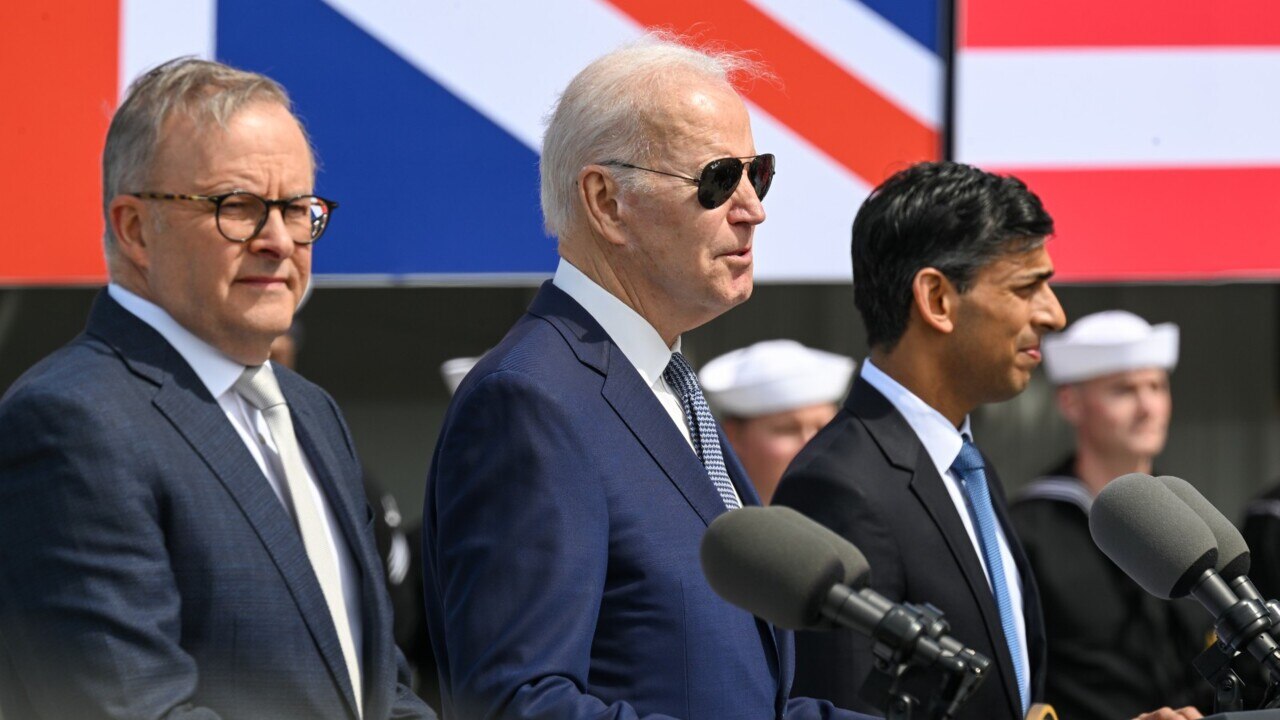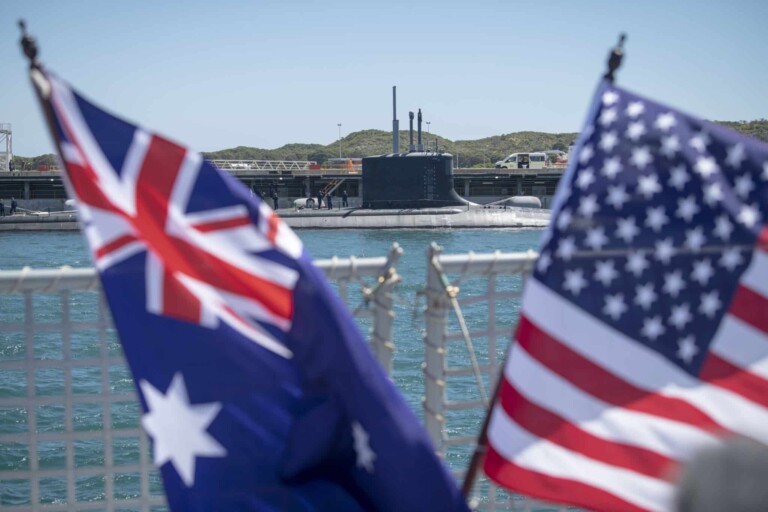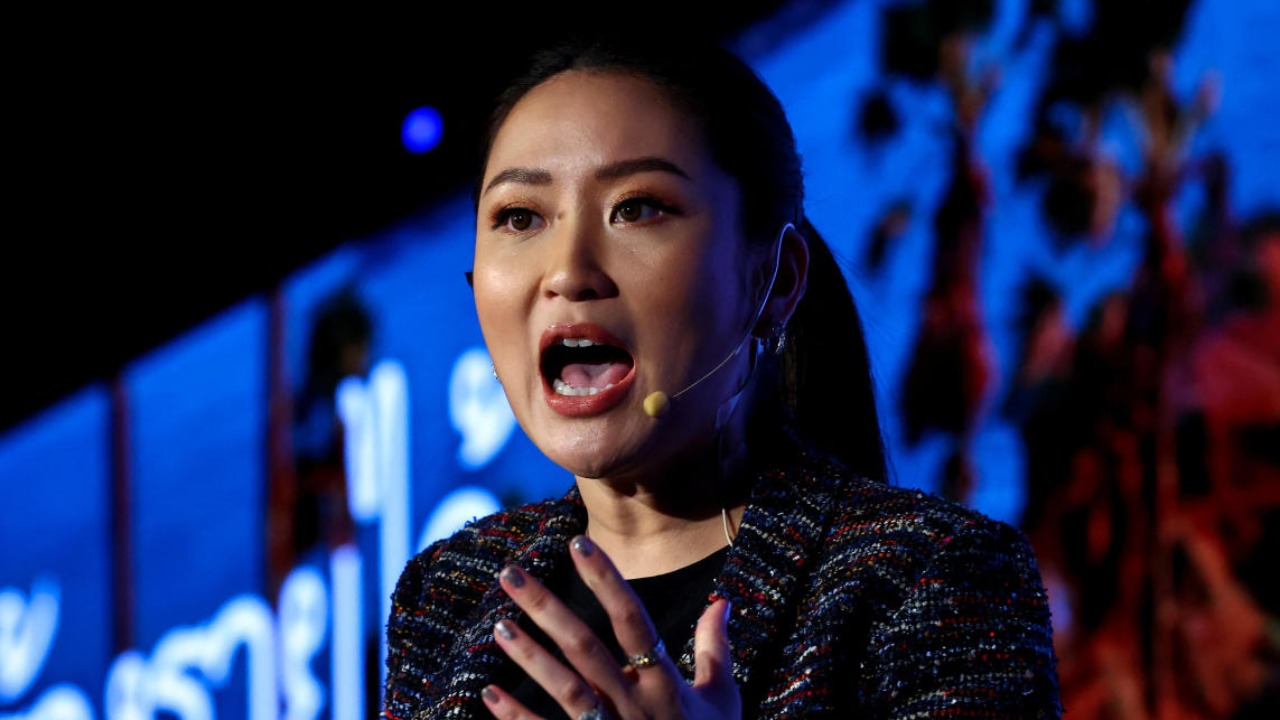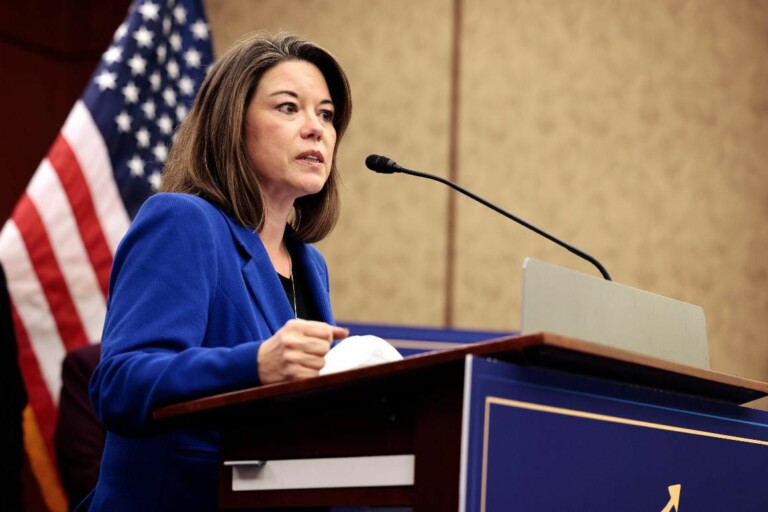New Zealand’s new coalition government appears to be shifting closer into the United States’ orbit, with a senior minister signalling openness to AUKUS pillar two while describing the last government as “anti-American”.
On Monday night, Foreign Minister Winston Peters gave an address to the diplomatic corps in Wellington signalling a “reinvigoration” of security ties with the US and like-minded partners.
And on Tuesday, Defence Minister Judith Collins showed eagerness to include New Zealand in talks around the AUKUS second pillar, centring on advanced military technology.
“We’ve been very clear that we were disappointed that more hadn’t been done to include New Zealand in the second tier of AUKUS,” Ms Collins said.
“I’m sure that will be an opportunity for us to work more closely with our friends and partners.”
AUKUS, a defence and security alliance between Australia, United Kingdom and the United States, was created in 2021 with the primary goal of helping Australia acquire nuclear-powered submarines.
New Zealand is not a part of the agreement, and has a firm anti-nuclear stance that would preclude involvement.
However, it has been touted as a member to a second pillar to the AUKUS pact, focusing on AI, hypersonic and cyber capabilities among other technologies.
Former defence minister Andrew Little held preliminary talks with senior US official Kurt Campbell in March.
Ms Collins said not joining up so far was “a real opportunity lost by the previous government”.
“But as you know they’ve always had something of an anti-American stance,” she said.
While Ms Collins is an AUKUS enthusiast, others in her party have been less enamoured.
Former foreign spokesman Gerry Brownlee told AAP in March he wasn’t sure it made the region safer, while expressing his eagerness that New Zealand’s defence forces maintained interoperability with Australia.
Mr Brownlee is now parliament’s Speaker.
The coalition of three parties – the centre-right National, free-marketers ACT and populists NZ First – has seen Mr Peters return as New Zealand’s top diplomat.
The 78-year-old held the position from 2005 to 2008 and then again from 2017 to 2020 before his NZ First party was voted out of office.
In his speech on Monday, he appeared to sweep away the work of ousted Labour Foreign Minister Nanaia Mahuta, who introduced Maori values to underpin foreign policy.
Those values included manaaki (meaning kindness or reciprocity), whanaunga (connectedness or shared humanity), and kaitiaki (intergenerational stewardship).
Mr Peters made no mention of those principles, replacing them with five of his own: equality, democracy, freedom from fear and want, human rights, and environmental protection.
He recommitted New Zealand to multilateralism, saying New Zealand would “invest in strengthening the institutions which help to manage conflict, than face false choices between bilateral relationships”.
He labelled Australia as “our closest friend” and pledged to “vigorously refresh engagement with our traditional like-minded partners”, naming Australia, the US, Canada and the UK.
He made no substantive reference to China – by a distance, New Zealand’s biggest trading partner.







